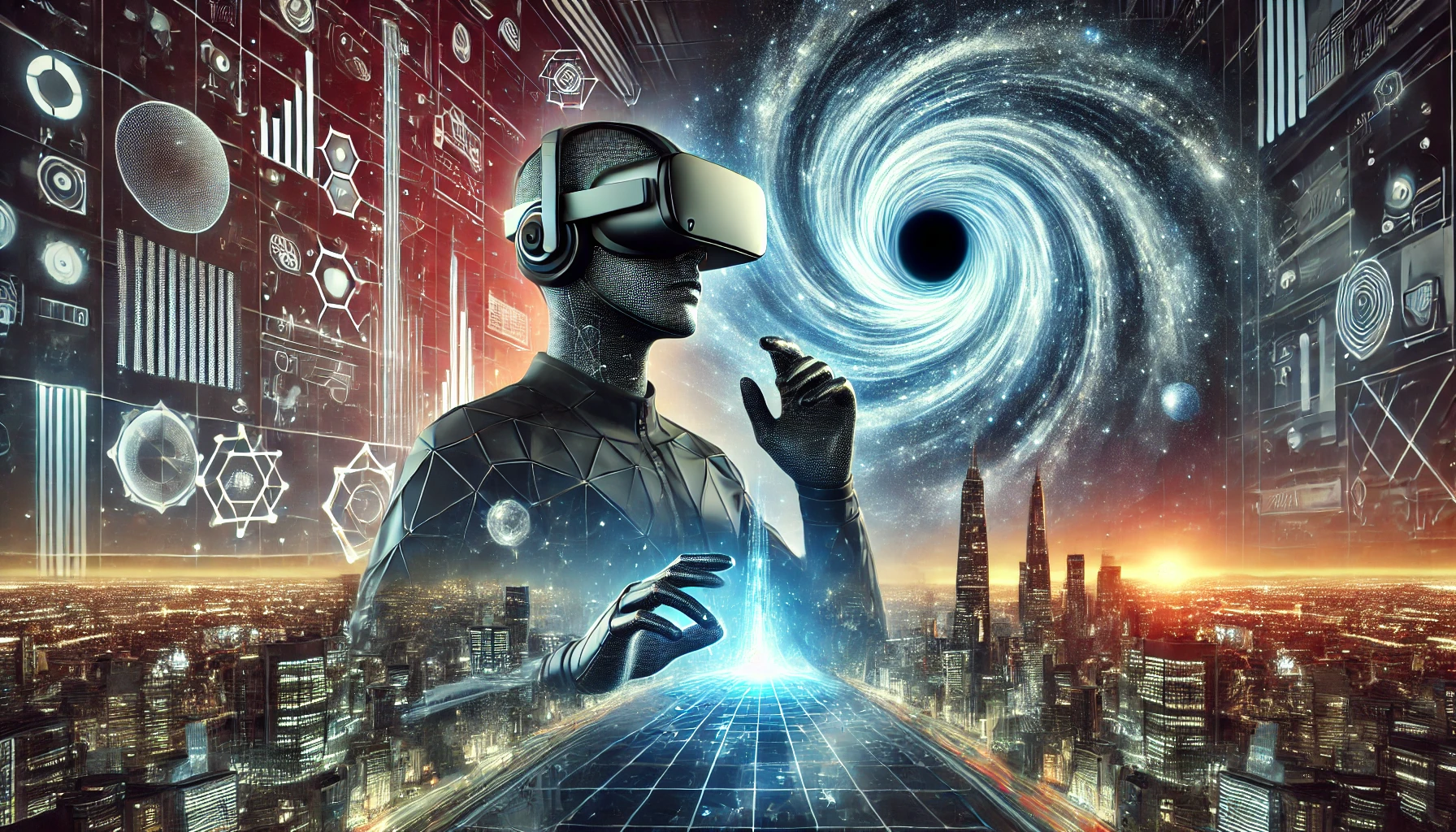
The Future of Virtual Reality: Transforming IT and Beyond
Welcome to my blog! As an IT specialist passionate about the latest advancements in technology, I’m thrilled to explore a subject that promises to revolutionize the way we interact with digital content: Virtual Reality (VR). This immersive technology is poised to transform not only the IT industry but also a wide range of other sectors. Let’s dive into the exciting world of VR, its current state, and the groundbreaking possibilities it holds for the future.
What is Virtual Reality?
Virtual Reality is a simulated experience that can be similar to or completely different from the real world. It leverages computer technology to create a 3D environment that users can interact with in a seemingly real or physical way using special electronic equipment, such as a headset with a screen and sensors.
The Current State of VR
Over the past few years, VR technology has made significant strides. High-quality VR headsets like the Oculus Rift, HTC Vive, and PlayStation VR have become more accessible to consumers and businesses alike. These devices offer immersive experiences that are being utilized in various fields, from gaming and entertainment to education and healthcare.
The Future of VR: Transforming Industries
1. Immersive Training and Education
VR is set to revolutionize the way we learn and train. In education, VR can create immersive learning environments where students can explore historical events, travel to different parts of the world, or even venture into space, all from the comfort of their classroom. In corporate training, VR can simulate real-world scenarios for employees, such as emergency response training for first responders or surgical simulations for medical professionals, providing hands-on experience without the risks.
2. Enhanced Remote Work and Collaboration
As remote work becomes increasingly prevalent, VR offers innovative solutions for virtual collaboration. Virtual offices and meeting spaces can replicate the experience of working in a physical office, allowing employees to interact with each other in a shared virtual environment. This can enhance team collaboration, improve communication, and foster a sense of community among remote workers.
3. Revolutionizing Healthcare
In healthcare, VR has the potential to transform patient care and medical training. Surgeons can use VR to plan and practice complex procedures, improving precision and outcomes. Patients can benefit from VR-based therapies, such as exposure therapy for phobias or pain management techniques. Additionally, VR can provide a platform for remote consultations and virtual hospital tours, making healthcare more accessible.
4. Innovative Marketing and Retail
VR offers unique opportunities for businesses to engage with their customers. In retail, VR can create virtual showrooms where customers can explore and interact with products before making a purchase. This can enhance the shopping experience and increase customer satisfaction. In marketing, VR can be used to create immersive brand experiences, allowing customers to engage with a brand in a more meaningful and memorable way.
5. Transforming Entertainment and Gaming
The entertainment and gaming industries are at the forefront of VR innovation. VR games offer immersive experiences that transport players to entirely new worlds, providing a level of engagement and interactivity that traditional games cannot match. In film and television, VR can create immersive storytelling experiences, allowing viewers to step inside the story and explore it from different perspectives.
The Challenges Ahead
While the potential of VR is immense, there are still challenges to overcome. High-quality VR experiences require significant computational power and advanced hardware, which can be costly. Additionally, issues such as motion sickness and the need for more natural user interfaces are areas of ongoing research and development.
Conclusion
Virtual Reality is more than just a buzzword; it’s a transformative technology that is set to redefine how we interact with the digital world. From immersive training and enhanced remote work to revolutionizing healthcare and retail, the possibilities are endless. As VR technology continues to advance, it will undoubtedly play a crucial role in shaping the future of various industries.
Thank you for joining me on this journey into the future of VR. Stay tuned for more insights and updates on the latest tech trends. If you have any questions or thoughts on VR, feel free to share them in the comments below.
Let’s continue to explore the cutting-edge developments in technology together.